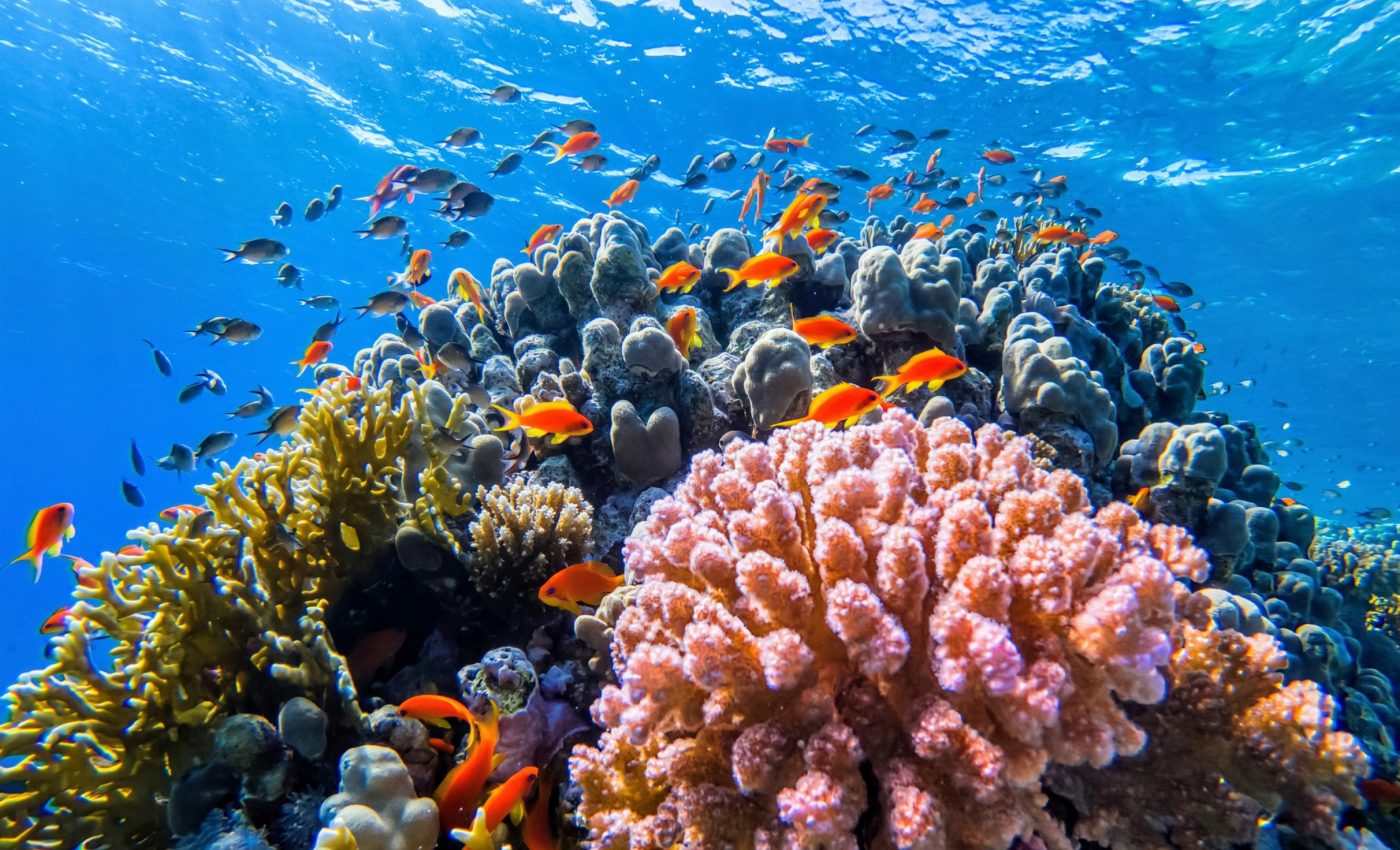
How artificial light can boost coral reef recovery
Think back to the vibrant coral reef ecosystems often depicted in cartoons during your childhood – thriving habitats teeming with fish, anemones, and other marine life. In reality, many of these reefs are now facing severe environmental stress and declining health. However, innovative solutions offer hope for their recovery.
One such advancement is the Underwater Zooplankton Enhancement Light Array (UZELA), a programmable, autonomous submersible light system developed by researchers to support coral reef ecosystems.
Artificial light to boost coral reefs
UZELA is designed to attract zooplankton – microscopic aquatic organisms that serve as a crucial food source for corals – by emitting specific wavelengths of light.
By enhancing local zooplankton availability, this technology has the potential to bolster coral nutrition and resilience in the face of environmental challenges.
After a rigorous six-month testing period on two species of coral native to Hawaii, researchers found that UZELA significantly increased local zooplankton density and boosted the feeding rates of both healthy and bleached coral.
Reefs on the brink of collapse
Providing corals with greater amounts of food makes them stronger and more likely to be resilient against certain environmental threats, such as heat stress and ocean acidification.
“This result is particularly striking, especially as rising ocean temperatures are pushing entire coral reefs to the brink of collapse,“ said Andrea Grottoli, lead author of the study and a professor of earth sciences at The Ohio State University.
“Coral reefs house one-third of all marine species, yet occupy less than 1% of the ocean,” she added. “They are disproportionately responsible for ocean health, and we’re at risk of losing them.”
Valuable tool for coral reef restoration
Millions of people rely on coral reefs, as they support fishing industries and protect coastal communities from threats such as erosion and floods.
However, at the current rate of global warming, projections indicate that these vital coral reefs could face complete devastation by 2050, endangering the delicate ecosystems they sustain.
Although UZELA is only a short-term solution, Grottoli believes the artificial light system could be a valuable tool for coral restoration efforts.
“Think of it as a band-aid for about a couple decades,” Grottoli said. “It can protect some corals in some places, sometimes.”
The team also discovered that UZELA, which operates for six months on a single battery, optimizes coral feeding time by functioning for just one hour after sunset each day.
While artificial lights have the potential to disrupt marine life, researchers emphasize that UZELA does not harm the environment or interfere with the movement of other zooplankton in the area.
Artificial light benefits for coral reefs
“If you imagine zooplankton in a column floating above coral, instead of being naturally dispersed, UZELA is just pulling them down, but it’s not taking away from the coral beside it,” explained Grottoli.
“We show that if you put the coral close to the light, they benefit from that concentrated zooplankton, and feeding rates go up 10- to 50-fold.”
This increase in feeding meets approximately 18-68% of a coral’s metabolic demand, meaning that increased zooplankton intake significantly supports coral survivorship and persistence.
“The real intent of this project is to inject new technology and energy into coral restoration success,” Grottoli added. “It’s something that can be deployed strategically for high-value reefs or projects that have already had significant investment.”
The future of coral restoration
While the current generation of UZELA devices is handmade, the team is collaborating with an Ohio-based engineering company to make the technology more manufacturable.
Enhanced versions of the device are expected to be available within the next one to three years.
“We are not mitigating climate change fast enough to save coral, and UZELA is not going to instantly save coral reefs,” Grottoli noted. “But it is an exciting solution that will buy us time as we work toward a more sustainable environment.”
The research was supported by the University of Hawai’i Foundation, the National Science Foundation, and the Defense Advanced Research Projects Agency (DARPA).
The full study was published in the journal Limnology and Oceanography Methods.
—–
Like what you read? Subscribe to our newsletter for engaging articles, exclusive content, and the latest updates.
Check us out on EarthSnap, a free app brought to you by Eric Ralls and Earth.com.
—–













